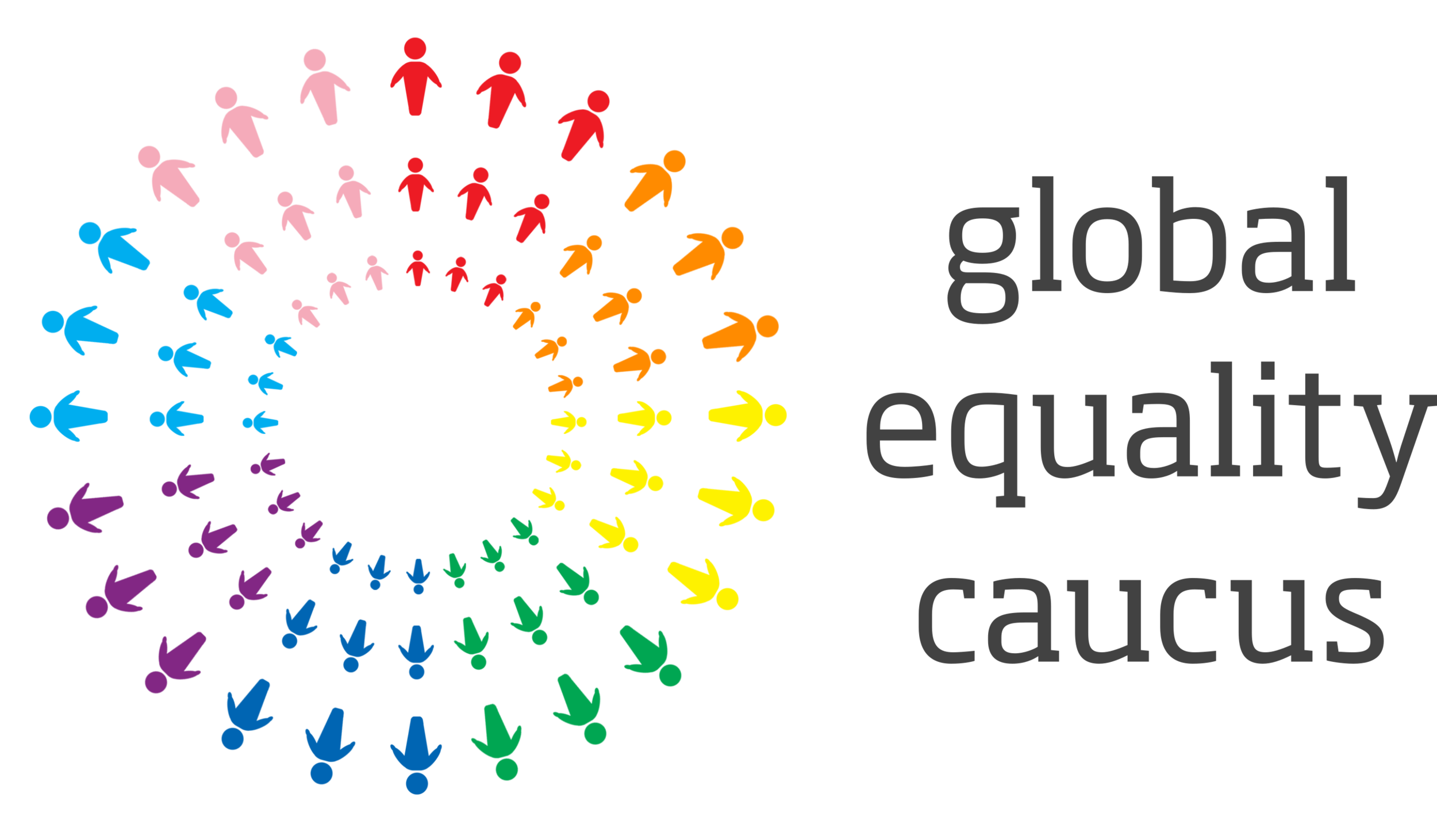Limiting exposure and supporting wellbeing
Policies and public health practices which reduce risk of HIV exposure and promote wellbeing are vital to any national HIV action plan. These interventions take a more holistic approach to physical and mental health, and aim to prevent the spread of HIV by reducing and mitigating exposure to harmful situations.
Examples of policy areas that support HIV prevention include:
Addressing “chemsex” – where groups of sexually active people take recreational drugs and have sex with multiple partners – with support services and community engagement.
Providing HIV prevention information in places where sex occurs on premises, including gay saunas and darkrooms in clubs & bars.
Supporting sex workers through legal protections and accessible healthcare.
Harm reduction programmes for drug users, including supervised consumption sites and needle exchange programmes.
Addressing homelessness, including support for homeless LGBT+ youth as well as HIV information and community engagement in shelters.
Tackling intimate partner violence, ensuring infrastructure and resources exist to support victims.
Addressing intersectional needs
To prevent HIV infection in high-risk situations means ensuring support services are targeted, available and accessible and advertised in the right places, such as apps and gay saunas.
Many LGBT+ people who access these services may have multiple needs. Integrated mental health services should be tailored to the individual and should have the power to refer users to more appropriate medical professionals if necessary.
WHAT CAN LEGISLATORS DO?
Ensure national HIV plans include harm reduction strategies and support for community-based support programmes
Approve major investment in specialist mental health services available through national health systems
Fund practical harm reduction initiatives including needle exchanges and education programmes
Fund community-based NGOs working directly with impacted groups
Pass legislation that guarantees anonymous support for sex workers as well as people facing violence, homelessness, and/or drug addiction
Approve national campaigns to eliminate structural drivers of the epidemic, including poverty, racism and LGBT-phobia
USEFUL LINKS AND RESOURCES
https://www.thelocal.es/20180315/spanish-cities-worst-in-europe-for-dangerous-chemsex-trend/
https://stopsida.org/wp-content/uploads/2021/05/HOMOSALUD_Informe_13052021-1.pdf
https://www.hri.global/files/2021/07/12/HRI_Briefing_Chemsex_July_2021_Final.pdf


